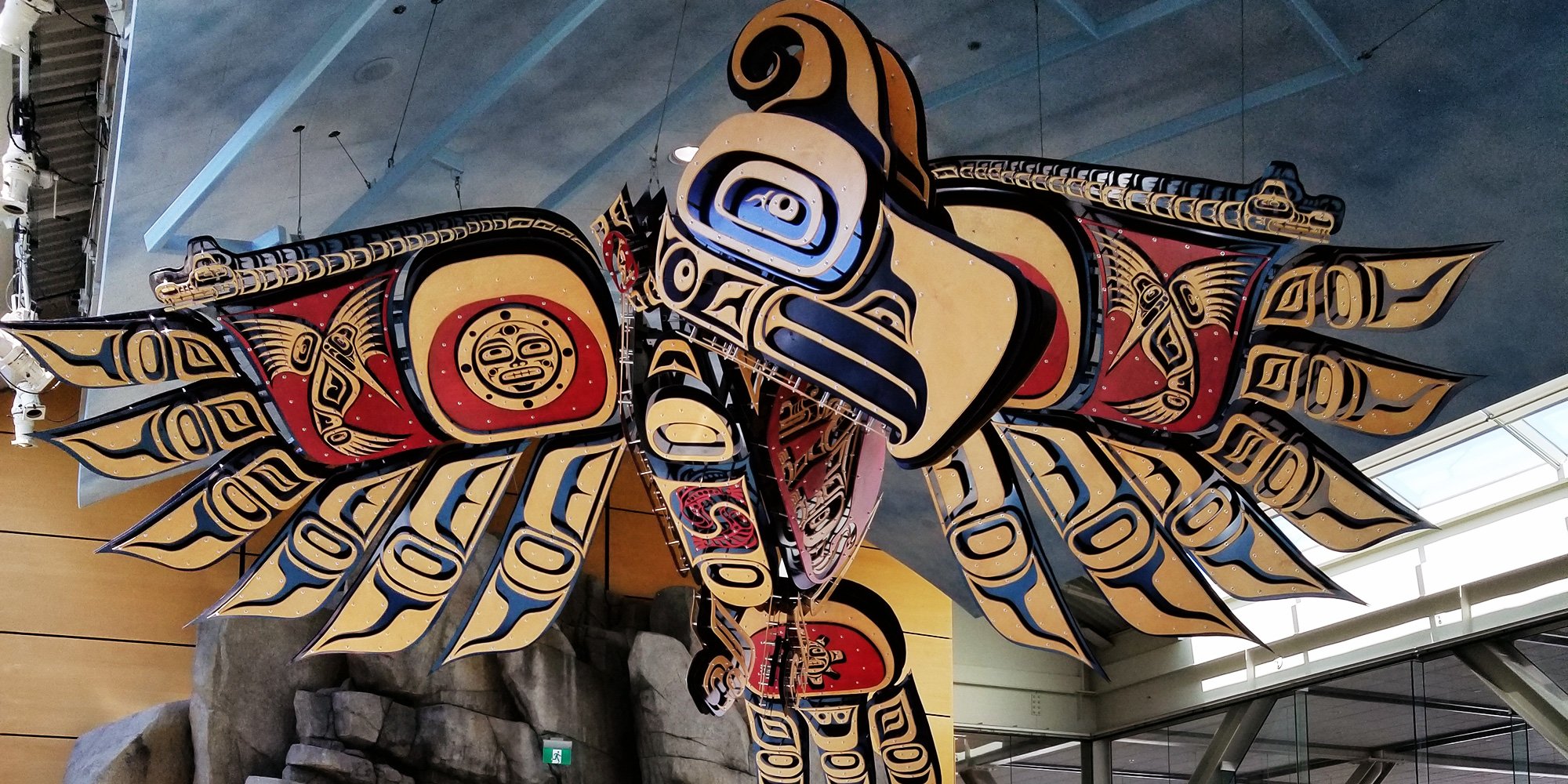First Nation Protocol on Traditional Territory
It can be customary between one First Nation and another to acknowledge the host Nation Peoples and their traditional territory at the outset of any...
3 min read
Bob Joseph September 24, 2013
In this post, we share some insight on First Nation Protocol including why you should thank the host First Nation, and on the side provide an example of First Nation protocol in practice, and lastly, we have some tips at the end to get you started.
A BC-based colleague recently had this interesting experience. He was asked to make a presentation to a large group of business people, government representatives, and First Nations, at one of the largest convention centres in Calgary. He prepared his presentation, checked it many times, and felt he was ready. But, at the last minute, he realized he did not know the name of the Nation on whose land the centre stood as he always, as is respectful and good protocol, thanks the host Nation. This is fairly common practice at events in BC.
So, my friend called the manager of the facility and asked her. She had no idea and had never, ever been asked that question but realized that this was something she should probably know so she did her research and was able to tell my colleague in time for him to thank the host nation before he began his presentation. He was thankful to have averted a potentially disrespectful situation as he was speaking on the topic of Indigenous engagement and the audience included many Indigenous delegates.
When I hosted an Indigenous Consultation and Engagement Speaker Series in a hotel in downtown Edmonton one year I also needed this vital piece of information. I called the hotel and they too had never had this request. I then called the Alberta Native Friendship Centre Association and thankfully they easily answered my question. So, before our keynote speaker delivered his presentation, I said a few respectful words of thanks to the Cree People from Treaty 6.
Why is it good protocol to thank the host nation? Because you are acknowledging that that Nation has had a relationship since time immemorial with the land you are standing on. It is a sign of respect and recognition, and you can’t go wrong with respect and recognition.
Have you never heard of this protocol? Think back to the Opening Ceremonies of the 2010 Winter Olympics in BC. The chiefs, resplendent in their traditional regalia, of the four host nations on whose territory the Olympic venues were built, were each thanked individually and were given the same degree of respect as the Prime Minister and other dignitaries. This formal recognition of the four host nations was on the world stage.
For larger conferences, it is good protocol to invite an Elder to provide a prayer or blessing. Again, in order to find an Elder who provides prayers or blessings, call the Friendship Centre nearest to the location of your event and ask them. Be sure to ask what is the expected honorarium for the blessing. At an event I hosted in Vancouver, I invited my father, Chief Dr. Robert Joseph, to provide the Opening Prayer.
Here are some tips to keep in mind when you next are making a presentation at a meeting or hosting a conference:
If you are hosting an event with Indigenous speakers, here are some suggestions on appropriate gifts: What are appropriate gifts for Indigenous guest speakers?
We cover First Nation protocol in our Indigenous Awareness courses - if you are interested in learning more, contact us for information.
By Bob Joseph
Featured photo: Chief Robert Joseph speaking before the 21 Things® You May Not Know About the Indian Act book signing in Vancouver, 2018. Photo: Blue Pixel Design.

It can be customary between one First Nation and another to acknowledge the host Nation Peoples and their traditional territory at the outset of any...

In this little article, we talk about how to follow First Nations protocol on First Nations treaty lands. It can be customary between one First...

The foundation of meaningful engagement with an Indigenous community is trust. Earning that trust will take time, consistency, and transparency. The...